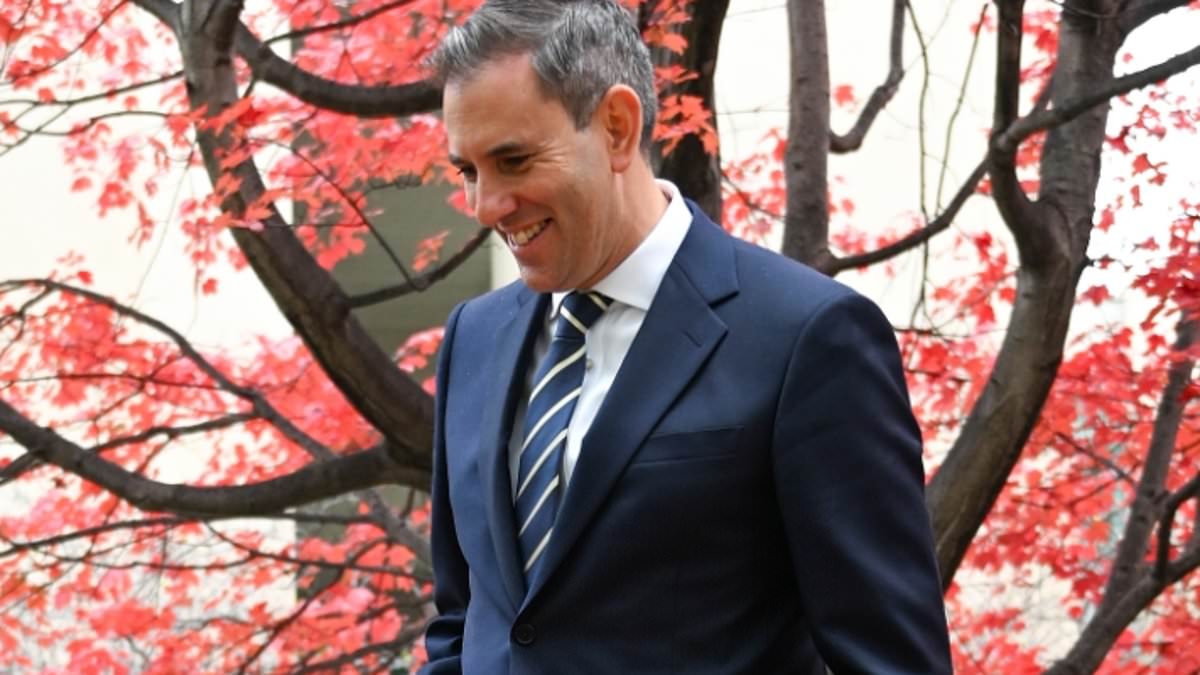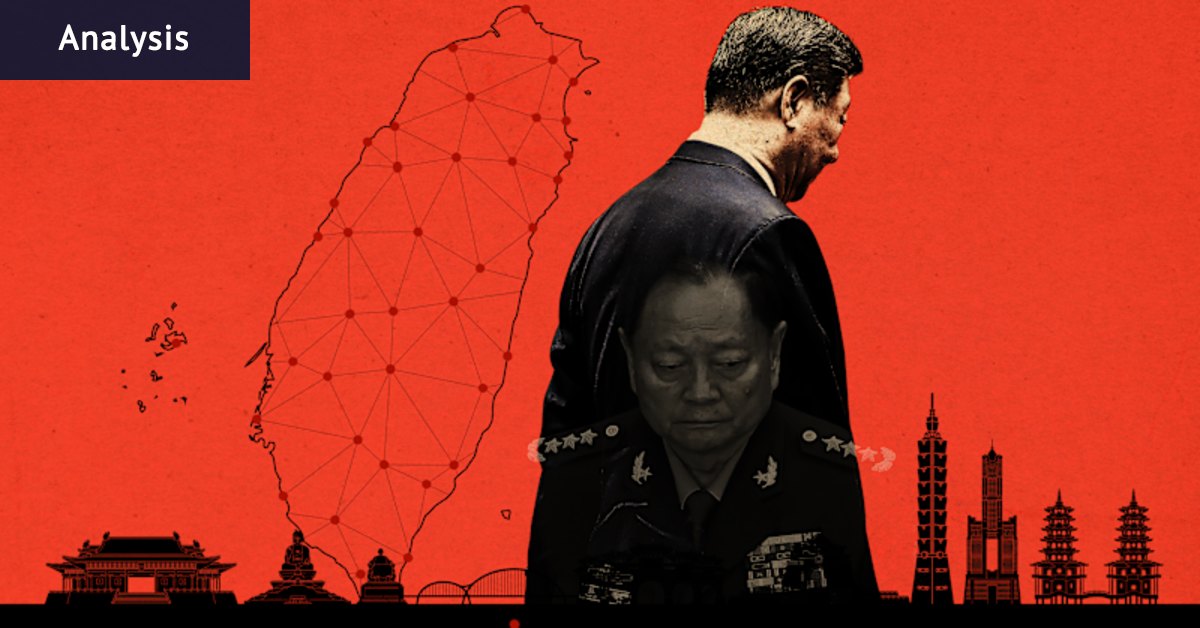
A comprehensive crackdown on tax evasion has revealed nearly $900 million in avoided taxes and illegally claimed exemptions, highlighting a growing financial burden on property owners struggling to meet their increasing land tax obligations. The State Revenue Office (SRO) has intensified its efforts, leveraging artificial intelligence to uncover $155 million more in alleged tax avoidance in the past year compared to the previous one.
According to new data, the SRO identified $889 million in total liabilities for the 2024-25 period across 13,412 completed cases. This figure includes avoided taxes, levies, and falsely claimed grants or concessions. However, the data also indicates significant financial hardship among taxpayers, with outstanding land tax debts reaching $643.5 million, an increase of almost $70 million. Alarmingly, nearly a third of these debts have remained unpaid for over a year.
Escalating Enforcement and Financial Hardship
Melbourne-based state tax lawyer Thomas Abraham from Macpherson Kelley notes a marked increase in the SRO’s aggressiveness in pursuing unpaid bills. “It used to be before that it would be a minimum of six months – even sometimes a year – that if you hadn’t paid a debt, they would come after you,” he explained. “These days, it’s six weeks.”
Abraham also points out that inflated land tax valuations are becoming more common, particularly since the state government’s valuer-general assumed responsibility for all valuations in 2023. The expansion of Victoria’s land tax regime, initiated in 2024 to address the state’s growing debt, has significantly increased the burden on owners of multiple properties.
The changes slashed the general tax-free threshold from $300,000 to $50,000, imposed new fixed surcharges, and increased existing rates on investment properties and holiday homes.
Government Justifications and Criticisms
Former Treasurer Tim Pallas justified the increased tax burden by asserting that it was equitable for Victorians with multiple properties to shoulder a larger share of the tax load. Current Treasurer Jaclyn Symes echoed this sentiment, emphasizing the state’s tax policies aim to consider those with a greater capacity to pay.
However, leading economist Saul Eslake criticized the government’s rationale, arguing that the new taxes were primarily intended to fund pre-election spending rather than manage COVID-19 debt. In parallel, the government permanently expanded the Vacant Residential Land Tax to encompass properties across Victoria, effective January 1, 2025.
Impact on Property Owners and Market Dynamics
Abraham reports that the new tax settings are compelling many clients to sell investment properties and relocate out of the state. He notes that the SRO’s methods of information gathering are often opaque, relying heavily on data-matching across government bodies, including data from incoming passenger cards and the Australian Border Force.
“It’s often difficult to tell what actually happened – most taxpayers don’t have the energy to fight it. You don’t want to spend more on legal fees than you have to pay the SRO. A lot of time clients go, ‘look, we’ll just pay it’,” he said.
A major focus of recent investigations has been the taxes applied when ownership of a company or trust holding Victorian land worth $1 million or more changes hands in business deals. In 2024-25, the SRO aggressively pursued this area, assessing $421.61 million in compliance revenue from landholder acquisition matters alone.
Political Reactions and Future Implications
Opposition finance spokeswoman Bridget Vallence has accused the Allan government of using AI tools to aggressively target Victorians, who she claims are already the highest taxed in the country. She highlighted that over 80 percent of tax assessment objections were related to land tax bills.
“The Allan Labor government is addicted to taxes, and like any addict is always looking for its next hit,” she said.
Vallence pointed out that a quarter of land tax objections were upheld in full or in part, indicating that the government had wrongly taxed these Victorians. She called for transparency regarding the AI data tools used and for assurances that further mistakes would be avoided.
The Age previously reported that Victorian taxpayers have recovered tens of millions of dollars from erroneous land tax bills following a surge in objections after the state’s controversial levy expansion. The SRO’s tax investigations were bolstered last year by a $26.4 million increase in employee benefits, partly due to a rise in compliance program staff numbers.
To address aged debt, the SRO has implemented several strategies and initiatives, which will continue into 2025-26. Last month, the office signed an $8 million contract with private debt collector National Credit Management Limited, spanning four years.
A spokesman for the treasurer stated that the SRO actively engages with taxpayers through various methods, including emails, letters, and phone calls, to secure full payment or establish payment arrangements.







